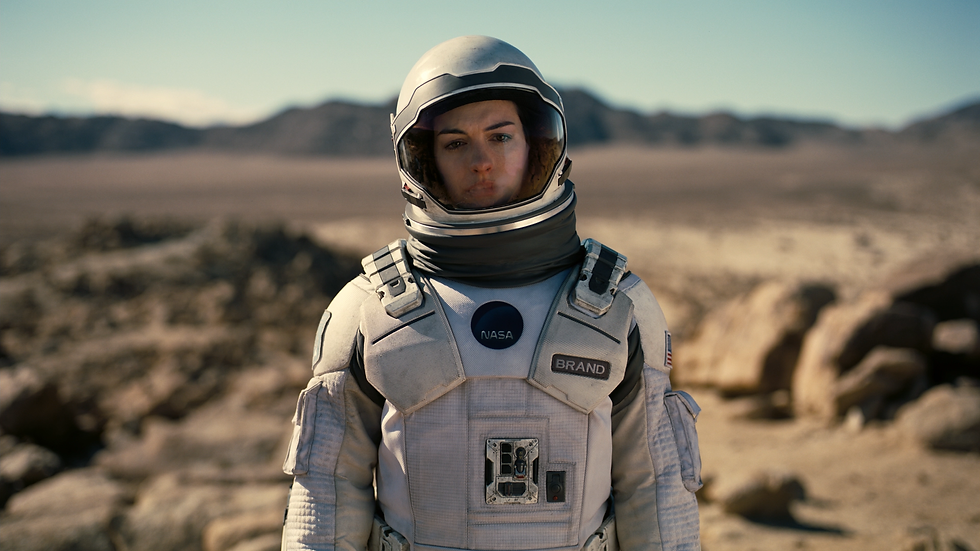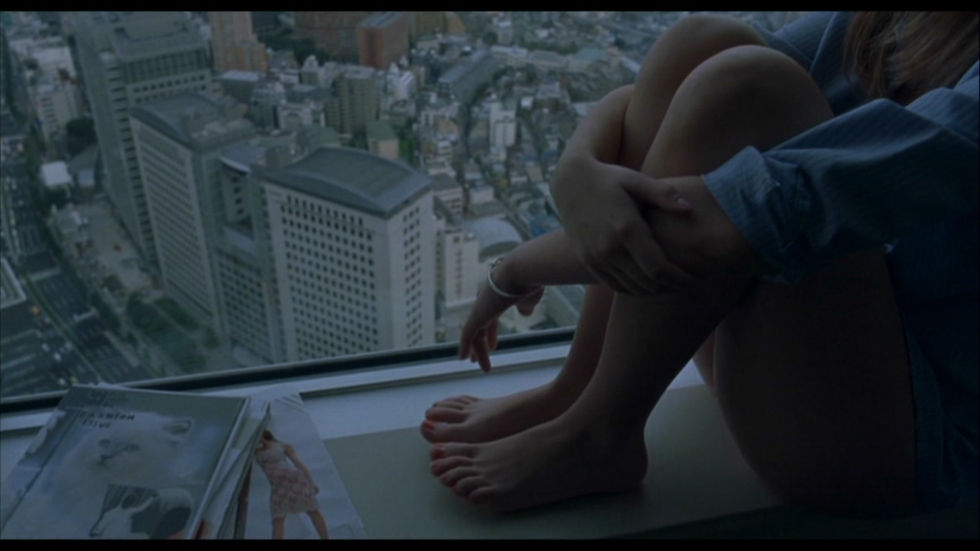In the Spotlight: The Cinematographer
- sveahartle
- Nov 15, 2017
- 3 min read
I have a confession to make. Up until now, I did not have any favourite cinematographers.
There, I said it.
Don't get me wrong, I LOVE cinematography! I like the visuality of House of Cards (2013-), Interstellar (2014), Lost in Translation (2003), The Grand Budapest Hotel (2014) and many more. Clean, pristine imagery with strong colour palettes and a shallow(er) depth of field are just my cup of tea.

It's just that I always accredited the visual quality of a film to the director and not to a cinematographer. For the director usually gets all the credit for his film, right?
But since I have started studying Creative Film and Moving Image at CCAD, I have regularly been confronted with the cinematographer's or the head of photography's job role. As a German, 'cinematographer' in my native language is usually very loosely translated to 'camera operator', which might hold true for smaller productions but is misleading in regard to larger productions and the fact that these are generally two distinct job roles with own responsibilities.
So I decided to take a deeper look into the role of a cinematographer in order to understand what a cinematographer does and how he differs from a director and a camera op in general. Which will also come in handy to understand my roles in my upcoming 'Me, Myself, and I-production'.

A cinematographer creates the filmic look and is in constantly close contact with the director (with whom he discusses the rushes) and the camera crew and lighting department who follow his direction and vision. But he furthermore manages the preparation of necessary film equipment for each shooting day, takes care of the recces during pre-production and watches the rushes together with the director as well as taking care of the colour grading of the film.
As summarised by Creative Skillset, this would mean that the following characteristics would need to apply for a person interested in entering this career path:
- having a knack for technical knowledge pertaining to cameras and lighting,
- possess artistic vision and colour vision,
- be flexible in adapting ideas and a quick decision maker,
- be versatile in visual culture (e.g. painting and films),
- have the ability to give and accept direction and
- have a sense of composition and lighting techniques.
Much like a director, a cinematographer will also need great social skills to be able to communicate effectively in order to make their vision come alive on screen.

So the cinematographer determines the film's look by interpreting the scripts visual potency and create an appropriate look for it by selecting the relevant visual counterparts and working firstly but not exclusively with the camera crew and lighting department. In this regard, the cinematographer has a far wider area of responsibility than the camera operator or the gaffer has, for he needs to combine the knowledge of both.
Which is also shown in the way a lot of cinematographers work their way up through either the camera or the lighting department. And this also means, that a cinematographer needs knowledge about a whole variety of cameras, lenses, film stocks, lighting equipment and needs to experiment before filming in order to make the most of his craft.
What I did not expect was the fact that a cinematographer would also work closely with production designers, costume designers and the hair and makeup department. On second thought though, it makes sense that he would want to closely monitor all elements of the actual mise en scène and be in charge of the blocking together with the director. Which may pose high potential for clashes between the director and the cinematographer in general.

Having stated that, I must say that I find the actual job role of the cinematographer far more intriguing and challenging than the director's. From what I gathered through my research, it seems that the cinematographer has far more direct impact on the actual visual style of the film and the actors than the director does. Also, it gives the impression of being a more versatile and rewarding occupation that needs you to constantly deal with and learn from the advancement of visual culture.

The cinematographer's job role turned out to be closer to my assumption of what a director does on set and it profoundly changed my opinion about becoming a director. Even though, or rather despite, my current technical knowledge and the low number of women in that job area, I have decided to become a cinematographer.
References:
Creative Skillset (n.d.) Director of Photography [online] http://creativeskillset.org/job_roles/759_director_of_photography [Accessed on 15 November 2017]
Williams, D. (2017) Rising Stars of Cinematography [online] https://ascmag.com/articles/rising-stars-of-cinematography [Accessed on 15 November 2017]








Comments